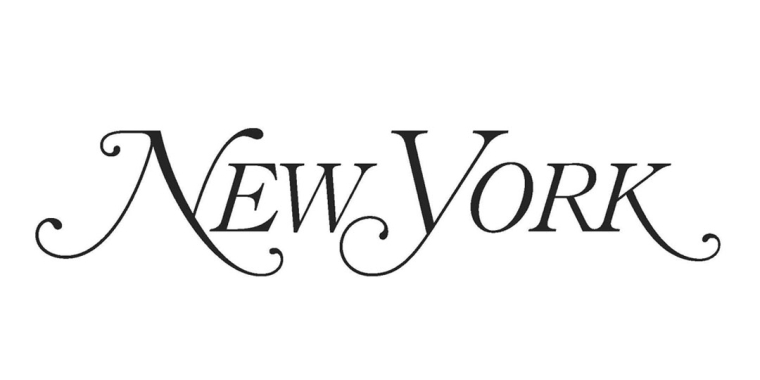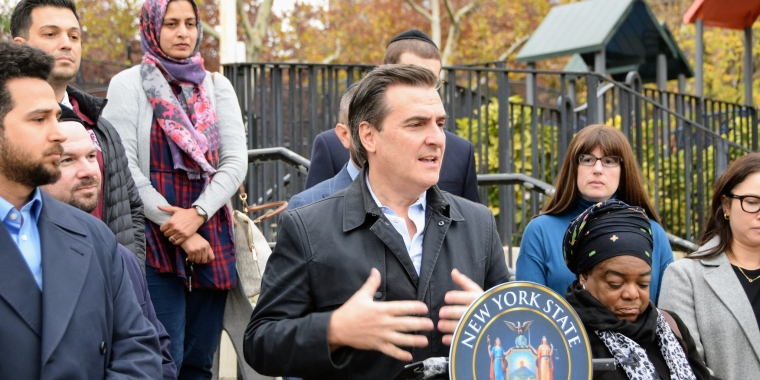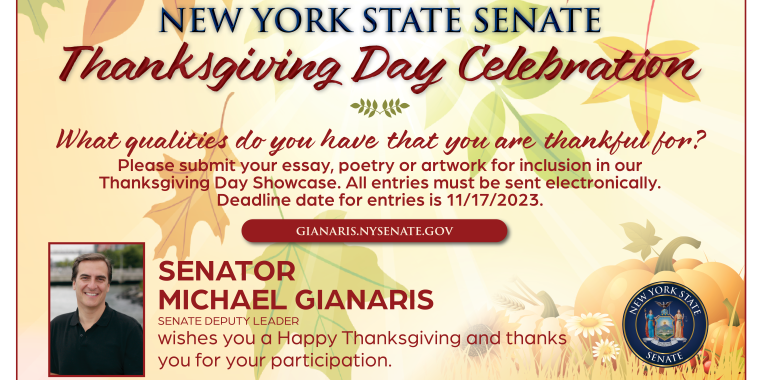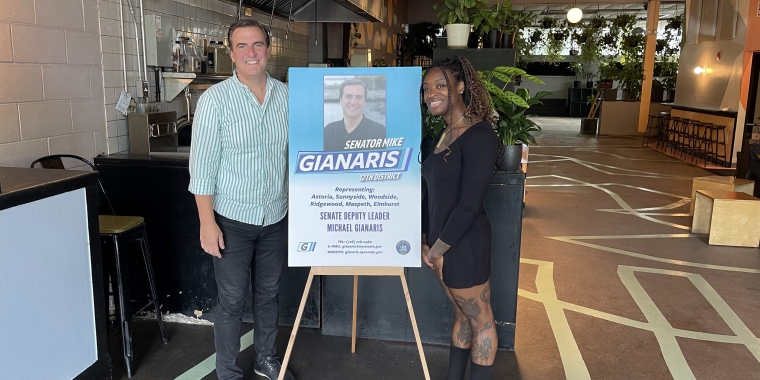
New York Magazine: How Will New York’s Rent Freeze Work?

As an unprecedented number of New Yorkers face job losses this month, a bill before the New York State Senate and Assembly has proposed a 90-day rent freeze. The bill is the latest proposal in a string of measures to relieve tenants and small businesses impacted by government-enforced social distancing measures to curb the spread of the novel coronavirus.
Earlier this month, state court officials suspended eviction proceedings, a decision later reinforced by Governor Cuomo, who declared a 90-day moratorium on evictions. Mayor de Blasio has also ordered city marshals to halt evictions. Additionally, Cuomo announced a 90-day mortgage waiver for single and two-family homeowners. As dramatic as those measures may be, a 90-day rent freeze has the potential to impact hundreds of thousands of New Yorkers who would otherwise be unable to make rent over the next few months.
“Tenants who don’t have income are obviously not going to be paying rent,” said state senator Michael Gianaris of Queens, who introduced the bill earlier this week. “Whether we put some kind of regulatory structure around it or not, we have to recognize the reality on the ground.”
The bill aims to provide relief to residential tenants and small businesses, defined as fewer than 100 employees. According to Gianaris, residential tenants who suffered a loss in work because of the government-ordered shutdown will be broadly defined to include people who may not have lost their jobs, but whose hours have been dramatically reduced. Should the bill pass, lawmakers say the details, like how the law would apply to roommates and subletters, will be left to state agencies to hash out.
The bill includes mortgage relief for landlords who wouldn’t be able to collect rent. In Italy, officials are working with banks to suspend mortgage payments for Italian households. Ultimately, landlords would basically be able to write off whatever rent they lose from the mortgages they owe, putting most of the economic hit on mortgage holders and banks.
“We certainly are not just trying to shift the burden from one group of people in need to another,” said Gianaris. “The federal aid package will be helpful in that regard. Once you get past that to the next rung, the mortgage holders and the banks, I think they’re better equipped to absorb some of the sacrifice and more likely to be the beneficiaries of federal assistance.” President Trump signed a $2 trillion relief package into law on Friday that includes $500 billion for distressed companies.
The New York bill has more than 20 co-sponsors and has garnered support from Council Speaker Corey Johnson, Brooklyn Borough President Eric Adams, and federal lawmakers like New York Reps. Alexandria Ocasio-Cortez, Nydia Velazquez, and Carolyn Maloney.
“Our own senate website almost crashed yesterday because so many people were logging on to support this bill,” said Gianaris. “It was the most interactions we’ve ever had on our website for a piece of legislation.”
The New York State Senate will be back in legislative session next week with a state budget due on Tuesday.



